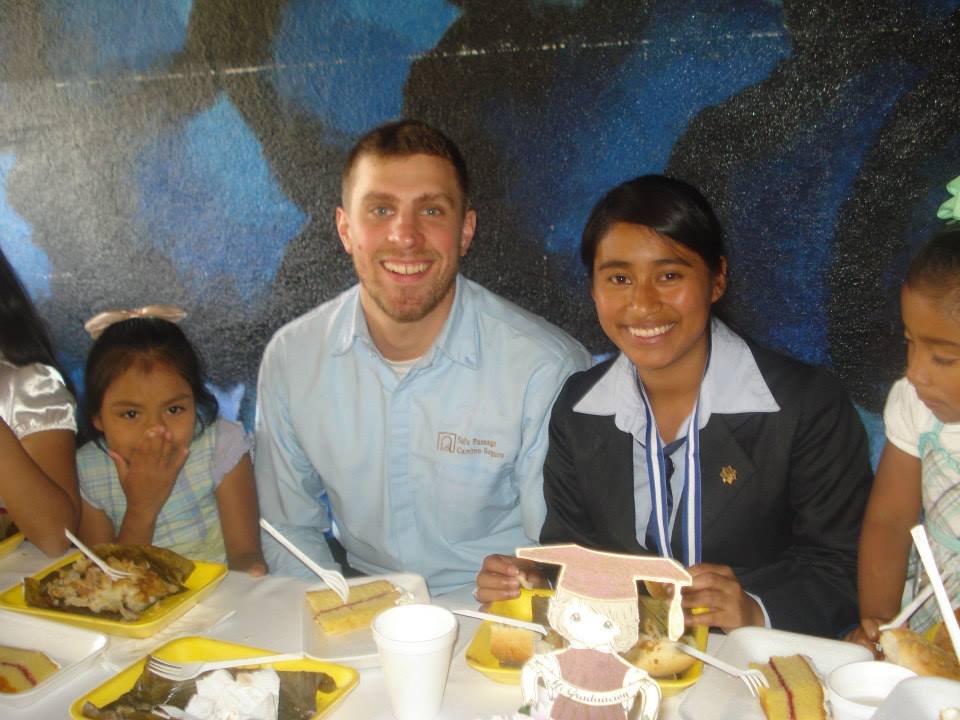Let Their Voices Carry: International Women’s Day 2022
I have been an active feminist organizer and writer in three countries for nearly 60 years. This cause of justice still energizes me. I see it as spiritual-political work to which I am called for my lifetime.
I am thankful that Sophia Godde showed herself to me so early, and that I have had guidance from the best theologians and activists from around the world for many years to sustain me, deepen my convictions and provide me with an international community, even when nearby women, most church authorities and even an occasional family member were not with me.
My left-wing orientation, a fierce opposition to elitism and exclusion, and a commitment to internationalism have formed my beliefs, along with the example of my involved-citizen father, who actually subscribed to Hansard, the daily record of the House of Commons in print edition.
I find nourishment in the New Testament, in prayer and meditation, and in the witness of good people in Canada, Jamaica and Tanzania.
I am a philosophy and English grad from a Catholic Canadian college in Toronto, from the fifties. How, other than through grace, would I have landed there from a remote Northern Ontario town, and been drawn to living in residence with the Sisters of St. Joseph in Toronto? How, other than through grace, would I have recognized a desire to pursue the major questions which my major, philosophy, posed: who am I? where is here? and who are all those other people?
Rosemary with Sister Margo at the Fourth United Nations Conference on Women
How, other than by grace, would I have taken myself off to Montreal at age 20 to a conference of Canadian Catholic students held at the Jesuit Loyola College, and there met the splendid young man who three years later would become my husband, friend and father of our four, and then co- worker with me in the vineyards of education and international development for the next 50 years?
With all that grace poured out on me, I was bound to take up a cause large enough, global enough, to be consuming.
When I looked at the great injustices wracking our world, I came to think that at bottom, was the way female members of humanity were regarded almost universally as inferior to male members.
Sadly, this state of affairs, which justified so many attitudes and practices that were damaging and unhealthy for both and all genders, was tolerated and even encouraged by the world’s religions. ”The roots of women’s oppression are in the religions”, I heard stated at the UN Conference on Women in 1995 in China, by Muslim feminist scholar Riffat Hassan.
Catholic Christianity, the largest of the world’s religions, was blessed with powerful feminist scholars, women such as Elisabeth Schussler Fiorenza, Rosemary Ruether, Sandra Schneiders, Ivonne Gebara, and Elizabeth Johnson, all, to me, doctors of the church. I studied their work, taught it in Jamaica and in various Canadian settings, and each time the shared experience was liberating for me, my students and our faith.
I had not personally been wounded by patriarchy; my father, brothers, spouse and 3 sons were feminists, but in my various parishes over the years, I met suspicion, exclusion, criticism and diminishment.
In the 2000’s, I co-edited an independent Catholic newspaper in Toronto, Catholic New Times and that was liberating. I examined the sexual teachings of the Church and found them dismally wanting, and so joined Catholics for Choice.
I have moved into ecumenical and secular feminist circles too, and into party politics. Change is made by feminists in all these sites.
In 2018, I was honoured to be asked by Prime Minister Trudeau to sit on an 18 member Gender Equality Advisory Council to the G7, which was meeting in Quebec.
Women have been making progress all over the world: In education, health, politics, media, business, leadership, the arts, and every field. I am very proud of Canada. But progress can be temporary, especially in a right-wing surge of populism. Violence against women and girls continues, as does racism and homophobia.
Rosemary Ruether said two crucial things to me. The first was that the transformation to gender equality is a two-hundred-year project, so don’t flag! The second was that the Church is stubbornly patriarchal, so don’t spend more than 15% of your time and energy on it. Guard your psychic and spiritual resources for potentially fruitful work.
I will participate in the Synod with a kind of hopeless hope, but Sr Becquart, Secretary to the Commission hasn’t responded to my hand written letter from November, and she was heard to say that women in the church must form better priests! Not good enough, Sr Nathalie.
Rather, we will announce goodness to the world, and join with others to expand human flourishing. So we reach International Women’s Day, 2022, recommitted and strengthened by feminist theology, (thealogy), liturgy and sisterhood.
I want to make mention of WATER, Women’s Alliance for Theology, Ethics and Ritual led by Mary E Hunt and Diann Neu in Washington. Their free programs have literally carried me through the pandemic.
By Rosemary Ganley, Feb 2022

















